Our Mission:
Plain Truth Ministries proclaims authentic Christianity without the religion.
Our work is Christ-centered, based on God’s amazing grace, giving hope to those burned out by legalistic religion.
CWR/PTM communicates its message electronically and in print, in its magazines, books, letters, audio messages, blogs, email and on the Internet.
We Believe:
We believe in the Father—Creator of heaven and earth.
We believe in Jesus—the Eternal Son of God, who was incarnated through God the Holy Spirit, fully God and fully human, who suffered, was crucified and buried, who rose again and ascended to heaven and shall come again in his kingdom of which there is no end.
We believe in the Holy Spirit, our Comforter and Counselor, who together with the Father and Son, is one God and who lives within those who believe.
We believe in the universal body of Christ, composed of all who are in Christ, whether visible or invisible to one another, a universal body that transcends any and all earthly organizations and denominations that are legally incorporated as churches.
We believe in the forgiveness of sins—undeserved, by grace, not by merit.
We believe in the Resurrection—Jesus rose from the dead, and as our risen Lord he lives in us now and will come again and resurrect the dead in Christ.
We believe in Life Everlasting—eternal life is the gift of God.
——————————————————————————————————————————————————————
This “We Believe” statement is our CWR/PTM affirmation of faith. Some might call it a creed. The word “creed” comes from the Latin word “credo” which means “I believe.”
By its nature, a creed is a short and succinct summary—not intended to explain all details and answer all questions.
The first three summary statements of the Apostles’ Creed and of the Nicene Creed explain the nature of the One God, who exists eternally as Three distinct divine Persons—Father, Son and Holy Spirit.
God is one in essence and three in Person. Each divine Person is distinct, each divine Person is fully God and they exist harmoniously, in union and united as One God.
Who God is and what he is like is critically important and foundational to our faith as Christ-followers.
While no one knows the exact date of the origin of the Apostles’ Creed, and while few think the actual Apostles wrote it, it is felt to be an accurate reflection of the teachings of the Apostles, thus its name “Apostles’ Creed.”
By linking this creed with the Apostles, the intent was to communicate its direction and intent coming directly from the disciples, who were eye-witnesses to all that Jesus taught and did.
The Apostles’ Creed is probably the earliest and it is certainly the shortest of these two most well known and widely accepted summaries of Christian belief.
The Nicene Creed dates to the Council of Nicea, originally convened in 325 A.D. (its official councils and meetings continued for well over 100 years) because of further questions and disagreement about the Triune God (they asked specifically whether Jesus and the Holy Spirit are equally and eternally Persons of the Triune God, or somehow less than God the Father).
“Believe” and “belief” are foundational terms and concepts in these early Christian creeds because belief is central to life in Christ.
John highlights belief in that all time favorite and well-known, much-memorized summary of the gospel in his Gospel—the Gospel of John, chapter three and verse sixteen:
For God so loved the world that he gave his one and only Son, that whoever believes in him….
Belief is central to our faith—what We Believe is the absolute core and center, the bull’s-eye of our faith.
We Believe in God the Father, God the Son and God the Holy Spirit as the basis of our faith, with all other practices and traditions not as important as being centered in the Triune God.
C.S. Lewis said this of our faith and belief as Christ-followers:
Christianity is a statement which, if false, is of no importance, and if true, is of infinite import. The one thing it cannot be is moderately important.
Of course, memorizing and reciting words of the Apostles’ Creed or the Nicene Creed is not one and the same as heartfelt faith and belief. External behavior and belief may flow from a deep internal spiritual oasis—but not always!
Many within the world of Christendom memorize and recite historic creeds, yet effectively deny the essence of the love of God, and do not exemplify it. Christ-followers believe in God with living faith.






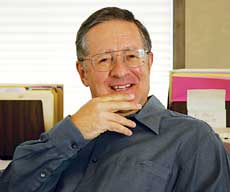

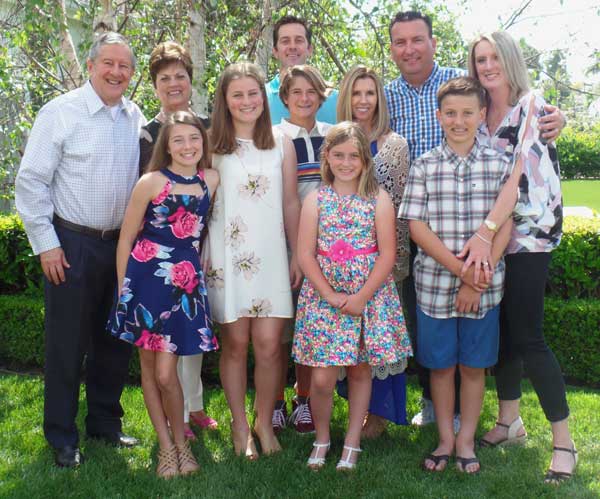

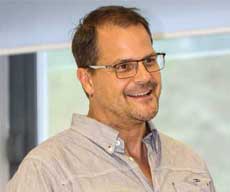
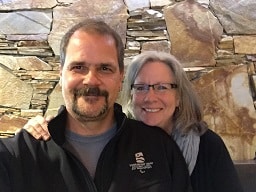
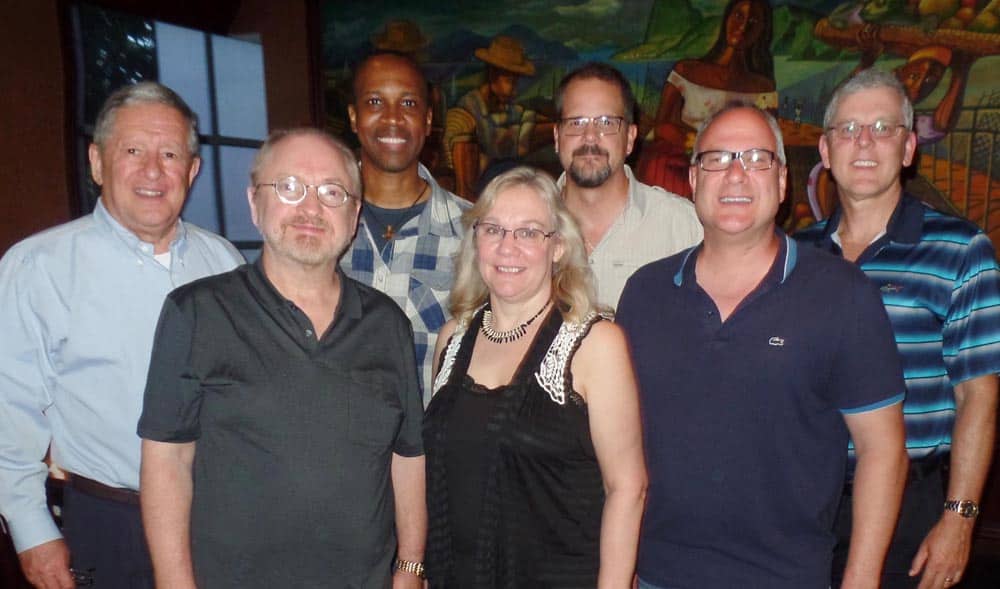
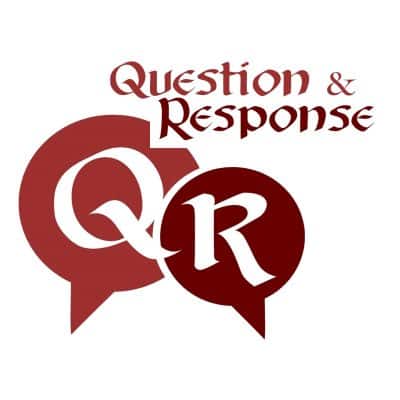
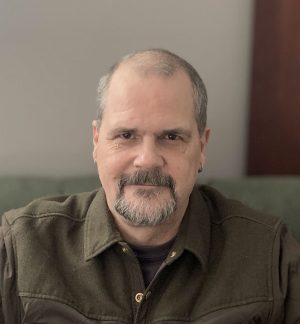


 Plain Truth Ministries | Box 300 | Pasadena, CA 91129-0300
Plain Truth Ministries | Box 300 | Pasadena, CA 91129-0300
